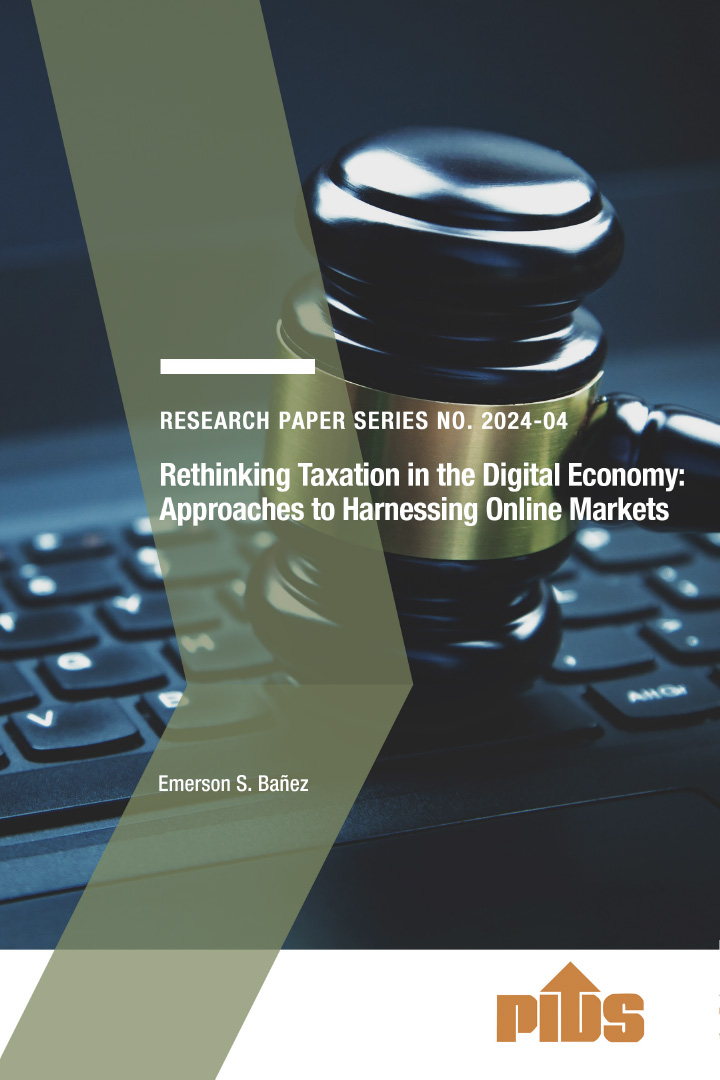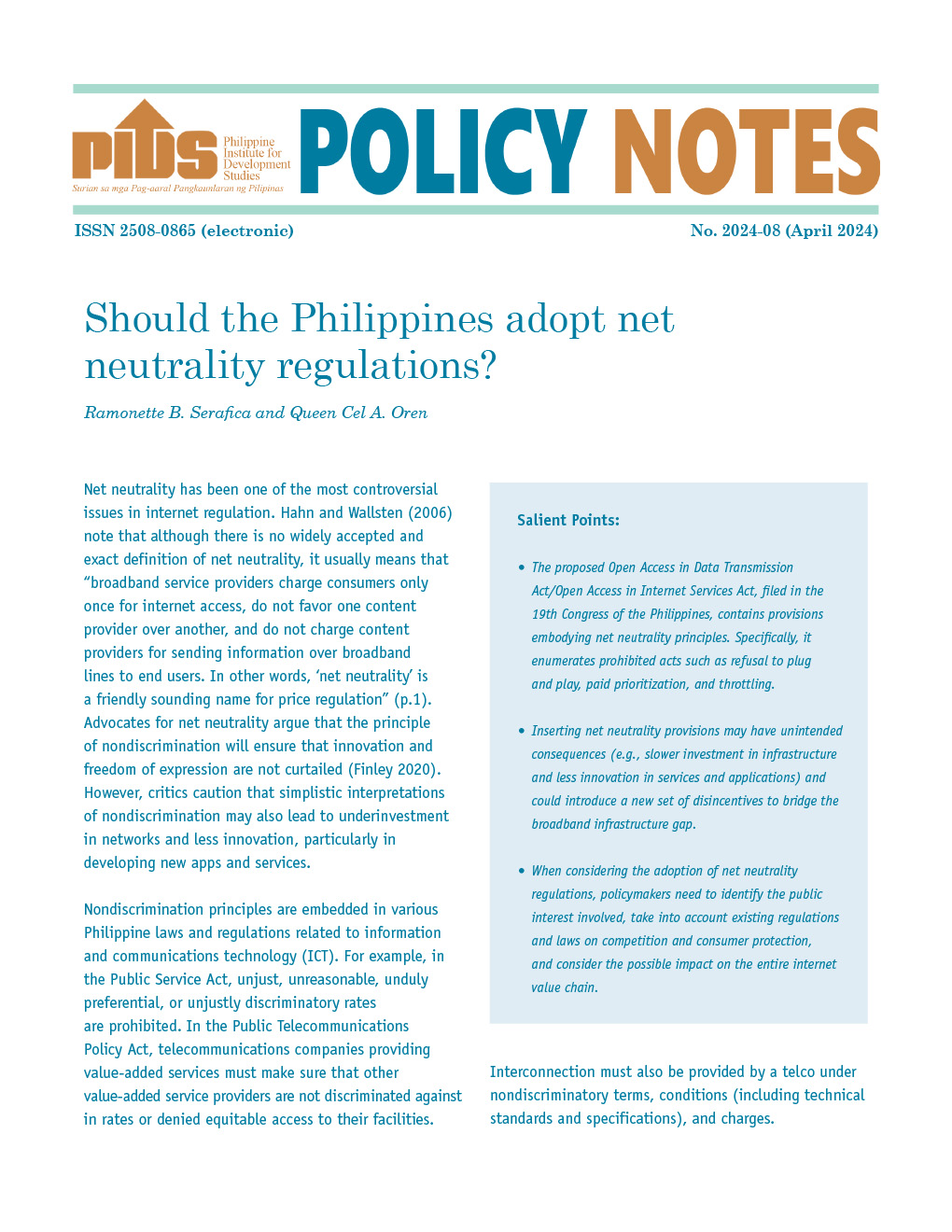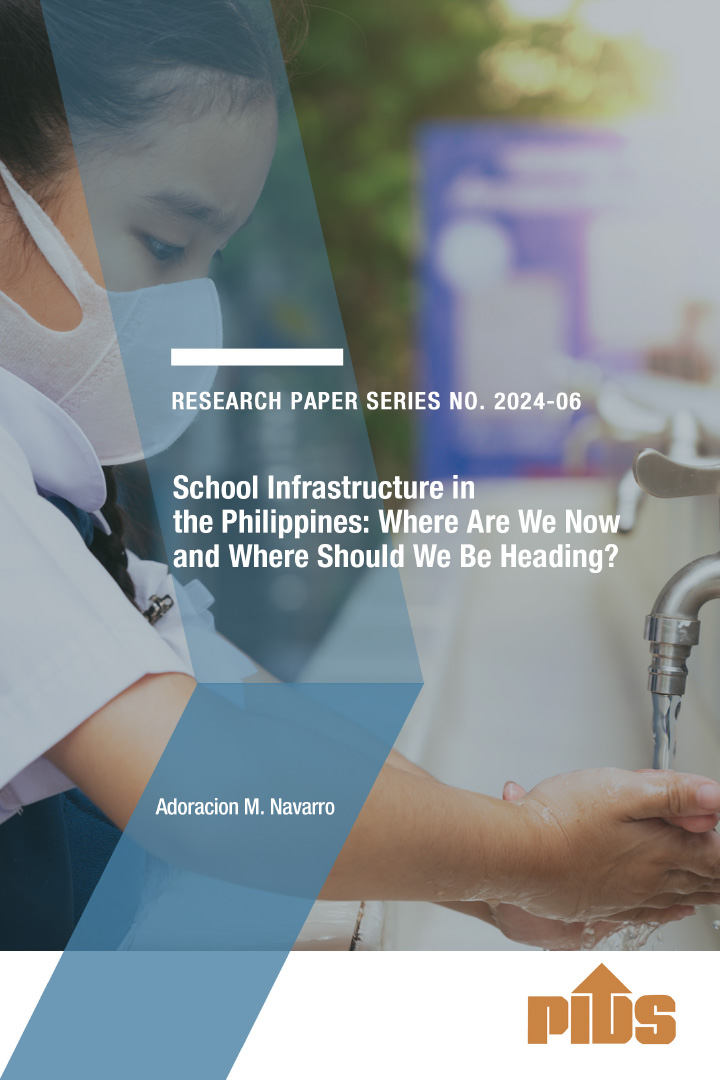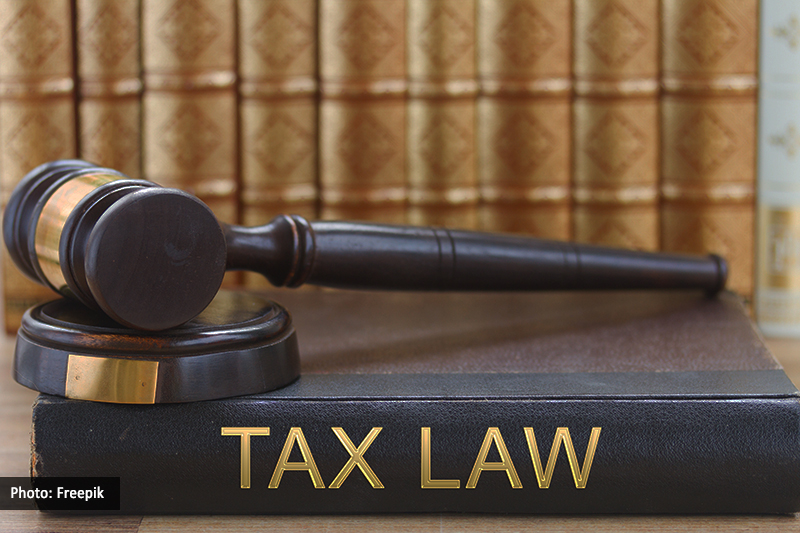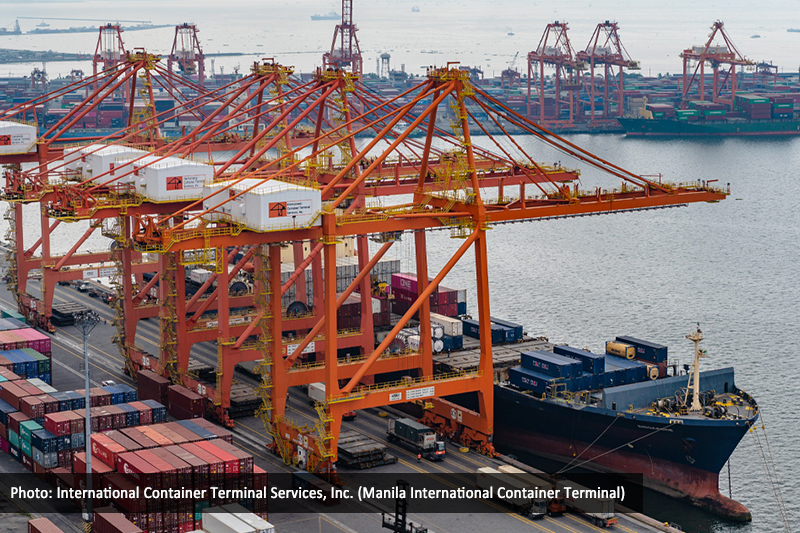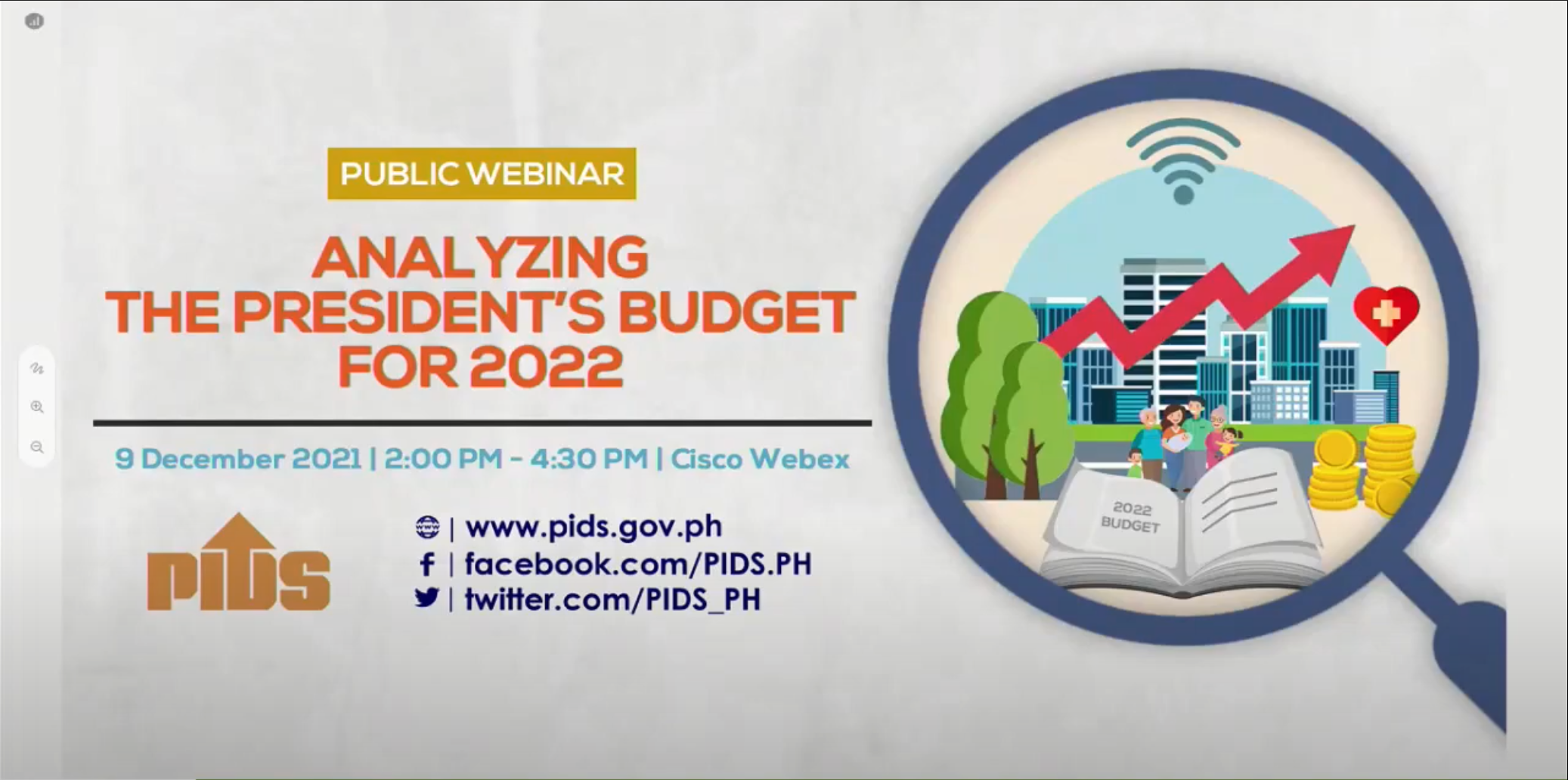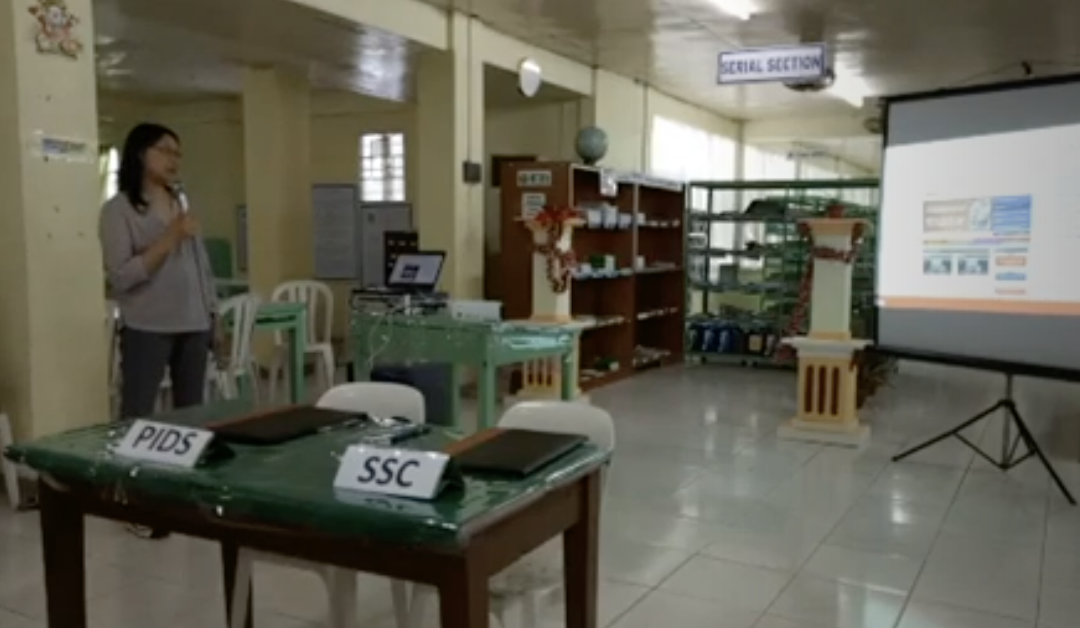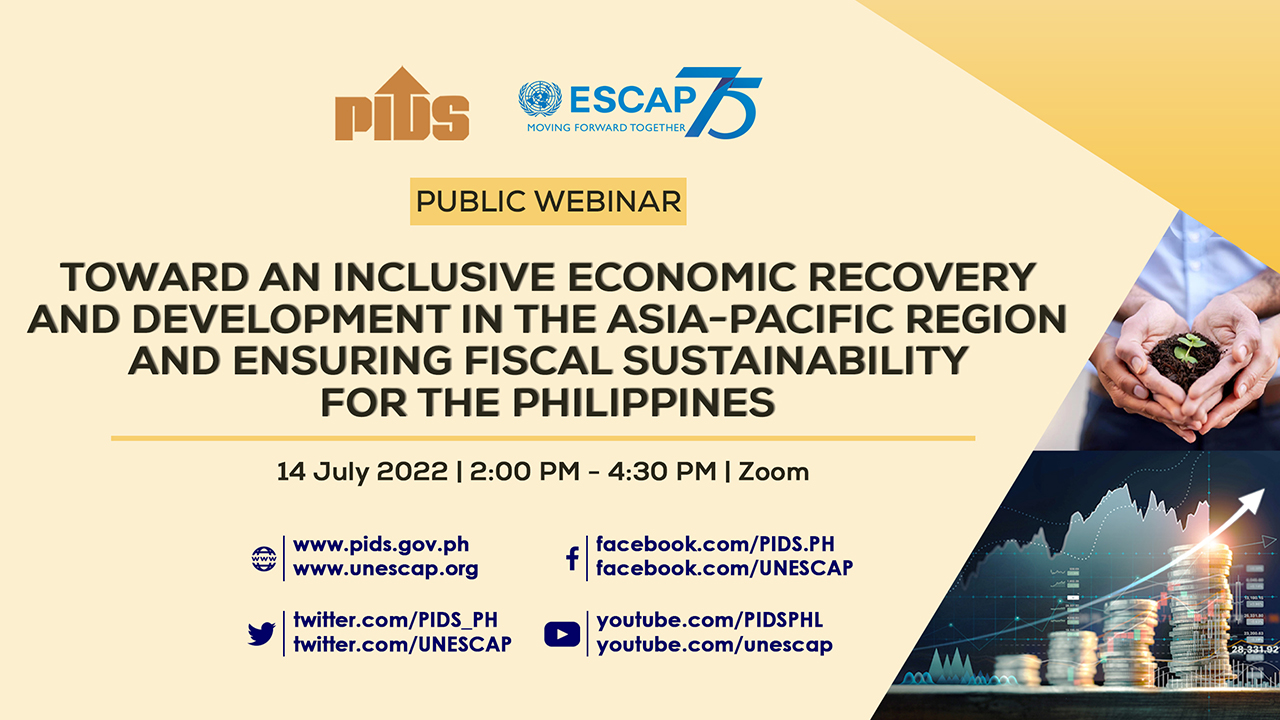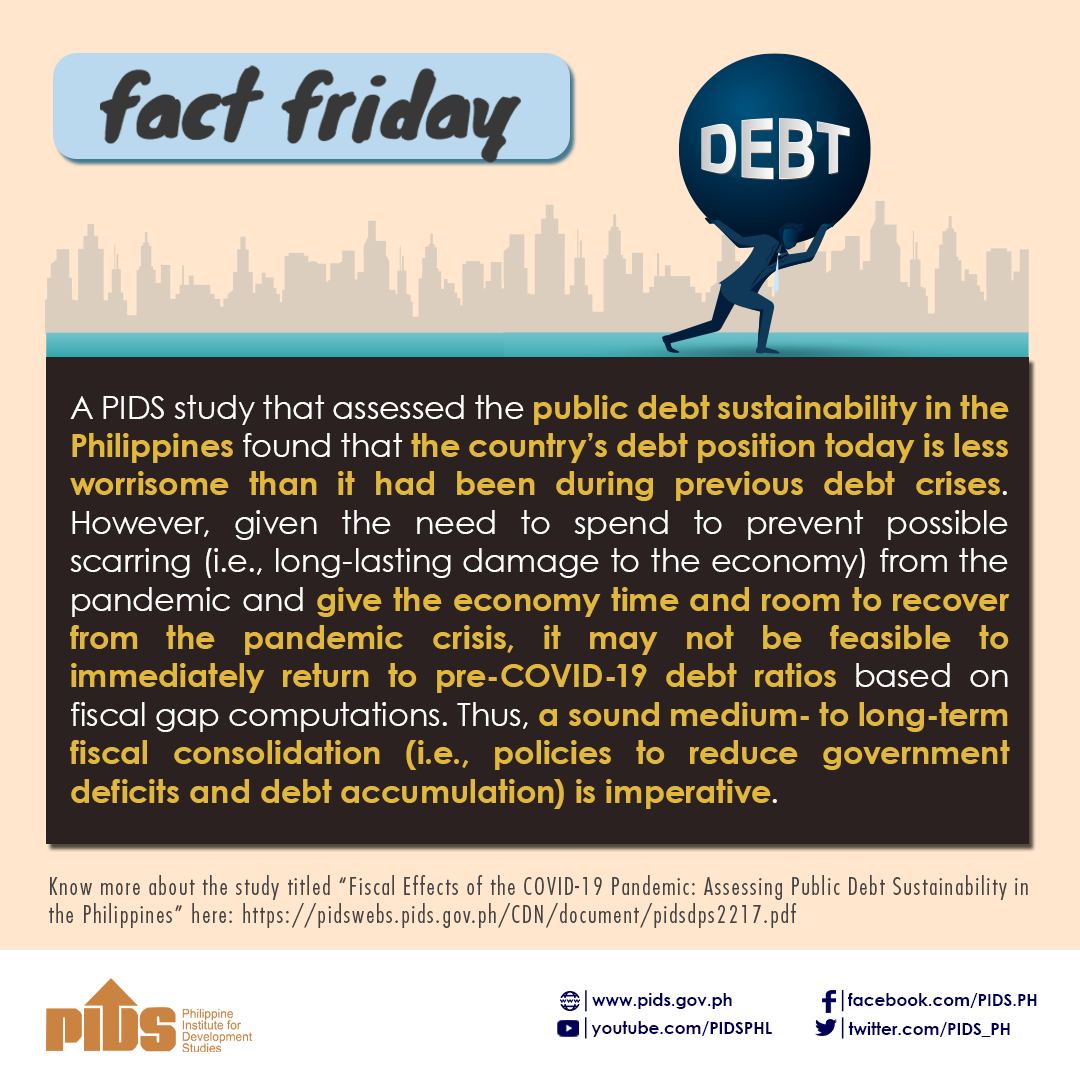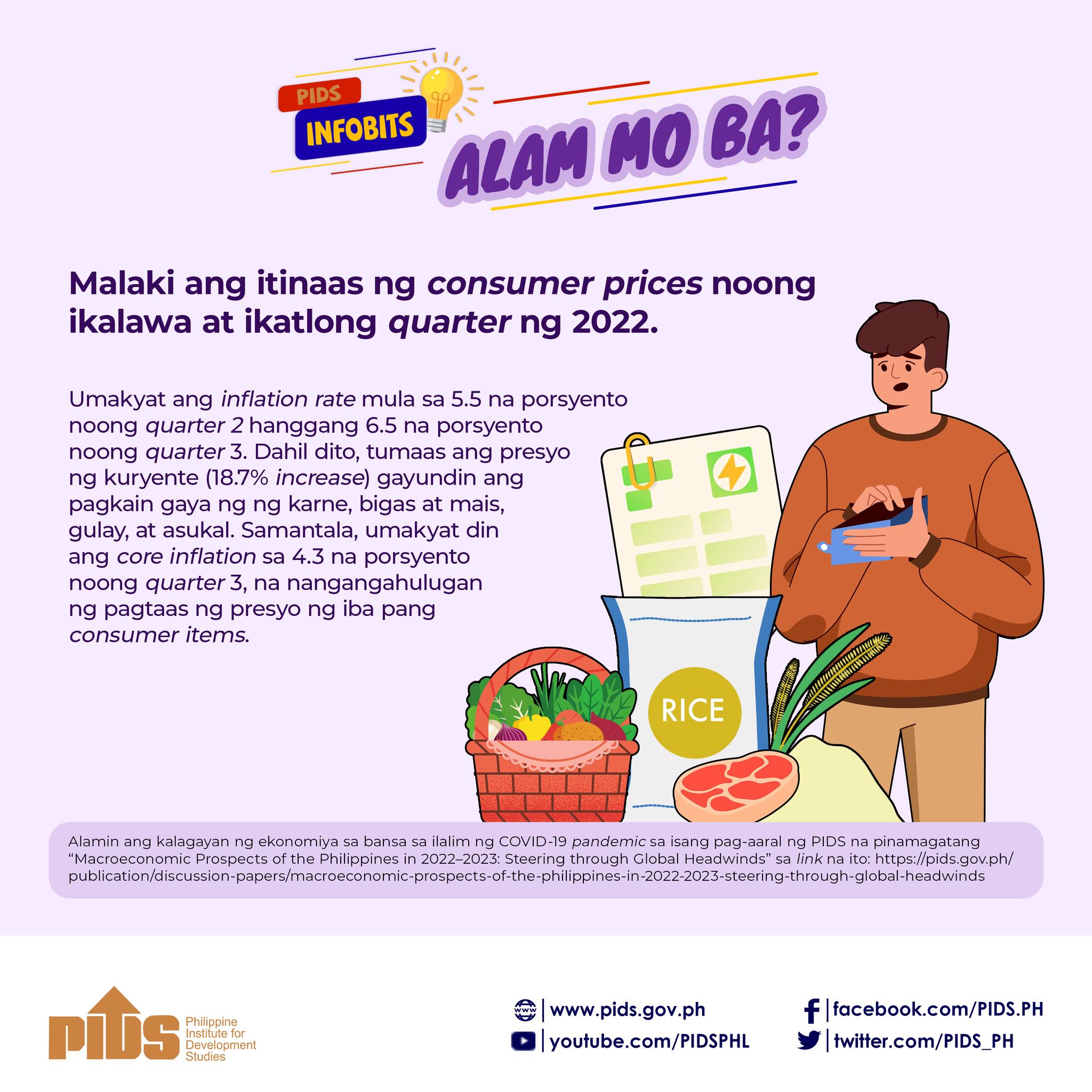Despite ballooning debt, Duterte’s ‘Build, Build, Build’ continues under Marcos Jr.
Even as the country registered a faster than expected gross domestic product (GDP) in the first quarter at 8.3%, inflation and supply chain woes caused by the Russia-Ukraine war and lockdowns in China are still set to challenge the country for the rest of the year and beyond.
Bar none, experts agree that the biggest challenge for the Marcos Jr. administration is the revival of the economy after a two-year pandemic slump.
In his inaugural speech, the president said he will “continue to build” – a comprehensive six-year infrastructure plan will be presented – with six years may be “just enough” to deliver it.
This comes as the president is in limited financial capacity as the country’s debt has reached P12.76 trillion, with debt-to-GDP ratio at 63.5% by the end of April 2022. Government think-tank Philippine Institute for Development Studies had already estimated that this may even increase to 66.8% by 2023 and 2024, before leveling off to 65.7% by 2026. To reach the ideal 40% debt-GDP ratio by 2041, or almost two decades from now, PIDS said a median annual increase of 0.86% of GDP must be achieved.
The president made no mention on how he will finance the infrastructure plan in his inaugural speech. There was also no mention of the debts incurred by the government during the pandemic.
In May 2022, outgoing Finance Secretary Carlos Dominguez already bared a fiscal consolidation plan, which may help the Marcos administration to pay for the country’s pandemic-related debt of P3.2 trillion. The plan includes deferrals of the scheduled reduction on personal income taxes for 2023, repeals of value-added tax (VAT) exemptions for select goods, and imposition of VAT on digital services.
Marcos Jr. remains silent if he will follow the plan but incoming Finance Secretary Benjamin Diokno already said he is not keen on raising taxes “immediately” and will focus on tax administration instead.
The president already said he is not keen on suspending the excise tax on fuel, despite its skyrocketing costs, and calls it a “blanket” solution. He said he will focus on those directly affected by the increasing oil prices instead, which may mean more subsidies.
In his first speech as president, he mentioned the country’s reliance on oil imports in relation to the country’s energy supply needs. He hinted the country may rely on its own oil and gas reserves.

